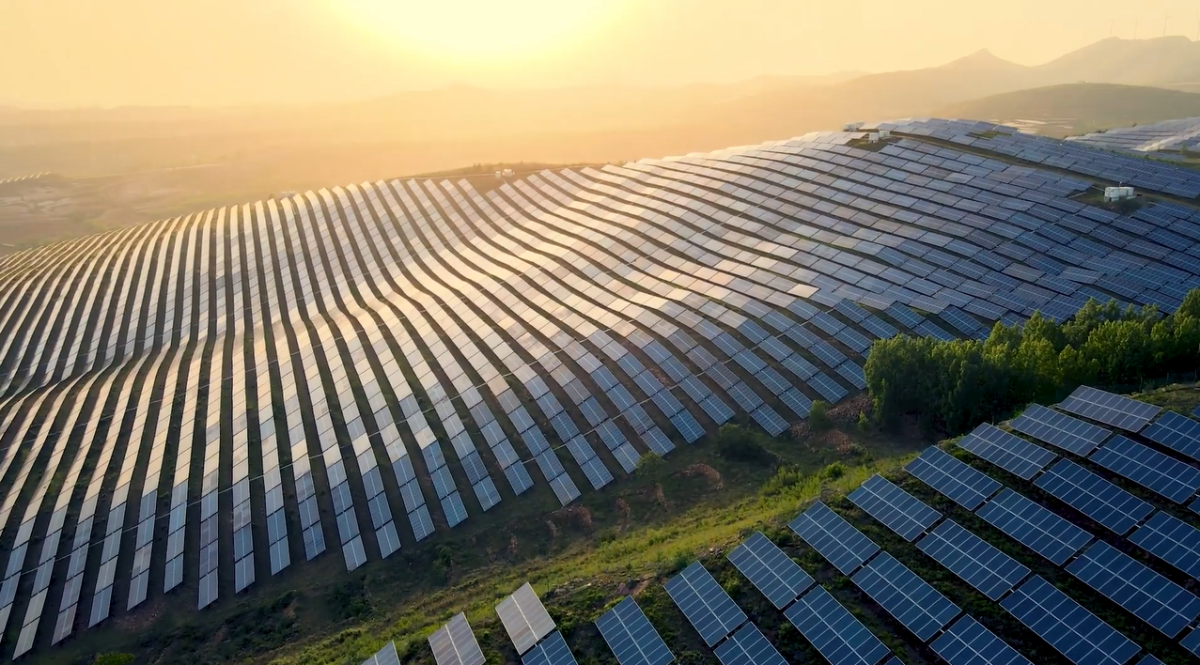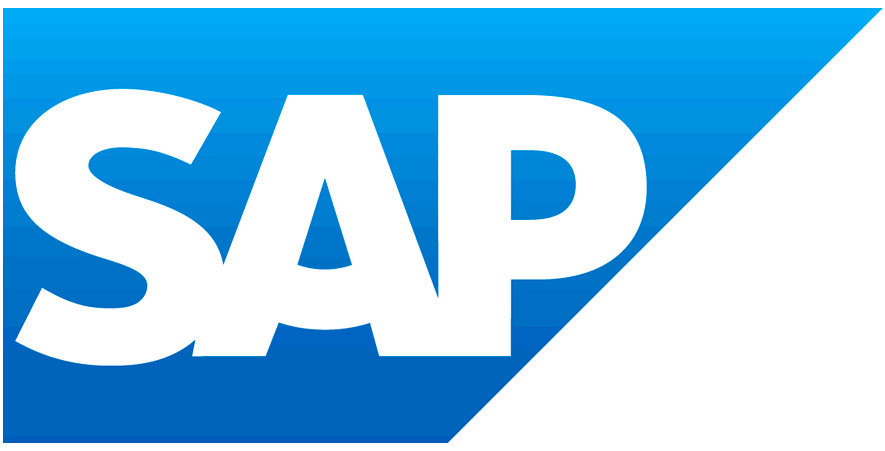Accelerating the Sustainable Energy Transition With SAP’s Industry Cloud
Feature by Kelly Cannon
The energy sector finds itself at a pivotal moment as the world strives to address the urgent challenges of climate change and achieve a more sustainable future. Reducing carbon emissions and ensuring a secure and affordable energy supply will require transitioning from fossil fuel-based energy systems to net-zero carbon sources. To do this, oil, gas, and energy companies must simultaneously reduce costs from existing operations and invest in new business models to lead the sustainable energy transition.
SAP helps oil, gas, and energy companies make this transition, providing them with innovative solutions that can optimize legacy energy sources, integrate low- and no-carbon alternatives, enhance energy network resilience, and unlock growth opportunities through reinvented business models.
In a recent webinar, “Sustainable Energy Transition for a Low Carbon Future,” hosted by the Oil & Gas Journal, Benjamin Beberness, vice president and global head of Oil, Gas, and Energy at SAP, shared his insights alongside other industry professionals. Together, they shed light on how businesses in the energy sector are taking action to redefine the future of energy and drive the sustainable energy transition ahead.
Transitioning to Net-Zero Carbon Energy Sources
To facilitate the energy sector’s successful transition to sustainable sources, close cooperation between technology companies and energy companies is paramount. Together, they can identify economically viable and efficient methods to deliver an optimal energy mix during this transitional period. By working in tandem, they can harness appropriate digital technologies to drive profitable operations that prioritize both the well-being of individuals and the preservation of our planet. This collaboration involves gaining comprehensive knowledge of regional regulations, staying abreast of evolving business requirements, and effectively monitoring and reporting day-to-day operations.
For example, with its unique digital twin on a blockchain, the GreenToken by SAP solution helps businesses gain material sourcing transparency and environmental, social, and governance (ESG) data across their supply chains.
Implementing Intelligent Asset Management
Intelligent asset management plays a critical role in supporting the sustainability objectives of oil, gas, and energy companies. Industry leaders are adopting digital technologies and proven solutions to enhance their manufacturing processes, embracing cleaner fuel alternatives, and exploring optimization opportunities across their global operations.
Research from McKinsey found that a 10% increase in production efficiency can lead to a 4% reduction in emission intensity, reinforcing the focus on running assets efficiently to minimize environmental impact. To determine the need for asset replacement, businesses assess factors such as vibration, heat issues, and asset life span, considering cost, safety, and ESG criteria. Integrating ESG information into asset management strategies has become an increasingly significant priority for companies.
With SAP Asset Performance Management, channel the power advanced machine learning and analytics to help optimize asset health, performance, and risk.
Changing Business Models for Diversification
Business leaders in the energy sector understand the growing urgency to diversify their offerings, from providing services at electric vehicle charging stations to implementing low-carbon technologies in new maintenance and operations projects. Recognizing the importance of adaptability, these companies seek flexible technology platforms to revitalize their operations, expand their retail presence, and venture into renewable energy markets. Technological advancements help companies diversify offerings, accelerating the transition towards renewable energy sources.
Technology solutions, such as SAP E-Mobility, can support the transition to renewable energy sources by providing companies with the capabilities needed to build, run, and manage electric vehicle charging networks all on one platform.
Driving Continuous Innovation
ESG regulations present businesses with an opportunity to reduce their ecological impact while fostering innovation to help them achieve their sustainability goals. By keeping core operations clean and scalable, companies can focus on sustainability, foster a culture of innovation, and differentiate themselves from competitors. This approach involves establishing a dedicated optimization office and leveraging technologies like automation, optimization, and artificial intelligence (AI). Facilitating intrapreneurship and engaging employees and the wider community allows for the translation of high-level sustainability objectives into practical solutions for day-to-day operations. Access to sustainability-related data is also essential, with digital solutions and technology playing a key role in collecting and analyzing data to drive sustainability goals. Implementing tools such as a green ledger system helps businesses track emissions and adapt to new regulations while inspiring collaboration and innovation.
Industry cloud solutions from SAP sit on top of SAP Business Technology Platform (SAP BTP), a platform built with flexibility and choice in mind, so that its users can accelerate innovation and unlock business potential.
Identifying Key Performance Indicators for Sustainable Energy
Businesses need to identify key performance indicators (KPIs) for sustainable energy. While revenue remains a significant KPI across industries, energy companies strive to achieve a balance between financial stability and emission reduction, ensuring the satisfaction of employees and shareholders alike. Crucial KPIs include the percentage of energy produced from renewable sources and embodied carbon, which refers to emissions throughout the entire lifecycle of raw material extraction, production, transportation, and construction, as well as measures around decarbonizing operations, improving building efficiency, and prioritizing safety and environmental policies in infrastructure development.
With SAP Sustainability Control Tower, businesses can improve their sustainability performance by monitoring progress and gaining actionable insights from dependable sustainability data.
Realizing the Significance of Sustainable Procurement
Sustainable procurement plays a central role in any sustainability strategy. Companies proactively seek out suppliers that adhere to sustainable practices, so they can reduce scope 3 emissions, implement robust measurement systems, promote supplier diversity, and improve communication, driving a transformative shift in procurement practices. Companies, from corporate-level initiatives to individual buyers, prioritize compliance with regulatory requirements, including due diligence laws and SEC reporting. Sustainable procurement practices are seamlessly integrated into supplier risk management and qualification platforms, ensuring a comprehensive approach to sustainable sourcing.
Monitor the production, supply, and use of your energy sources across the entire supply chain with technology solutions like Flexinergy by Evolution Energy, available on SAP Store.
By leveraging intelligent asset management solutions, facilitating business model diversification, driving continuous innovation, identifying KPIs, and promoting sustainable procurement, oil, gas, and energy businesses can channel the power of industry-specific solutions to ensure a secure, affordable, and sustainable future for energy.
Learn more about how innovative solutions from SAP and our partners help oil, gas, and energy businesses fuel profitable operations while also protecting people and the planet.



